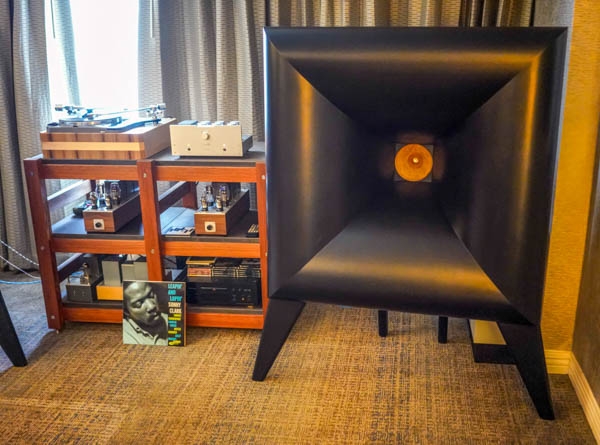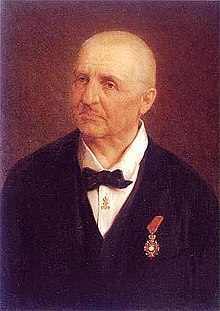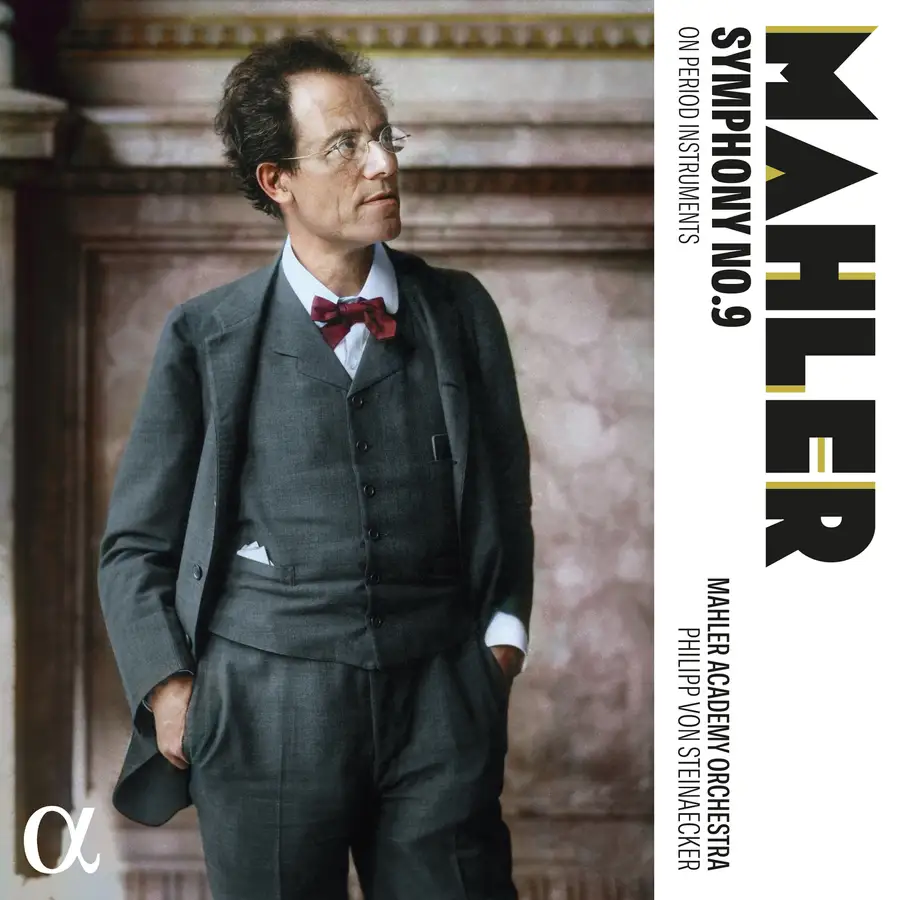Trenchant scene from Marjane Satrapi's Persepolis. Click pics to enlarge.Letter from Shenzhen (21-16): How I Live, Part II, Books"Aujourd'hui, maman est morte. Ou peut-etre hier, je ne sais pas...". I learned this at my third term French at Brooklyn College. I shall never forget it. To this day, I have a special fondness for Camus.In previous episodes, I drew a crude sketch of the environment “I find myself in”, often examining myself in the mode of an “expat”. Just as Americans, and increasingly Europeans and many peoples around the world, who find the more they ask who they are, the more questions they have and the more they revolt against the status quo, it is the same for many people of Chinese origin, who are often not from “China”. It is also clear (to me) that
the more we distinguish ourselves, the more we create subdivisions, the more fractious and unstable the world becomes.
A methodical expose of one’s current life is not possible. After contemplating writing more about basic amenities (its quirks here are actually interesting), which is honestly a bit of a chore, I chose to skip this time and touch upon a little a more ephemeral topic, some sort of spiritual fulfillment, which governs my routines.
The Power of MusicThere are a lot of things that I miss. It is one thing to not have seen a bagel for a year, it's another of a completely different magnitude to endure being bereft of my substantial audio and LP collections (in NYC). Although I am satisfied with my humble systems here, I know there is a divide. But as I write, I'm listening to Bruckner (Hrusa, Bamberg, Accentus; loud, there is no other way) and I remain totally entranced by the master's music. Readers who have gone along with me during these covid times would know even in NYC I mostly streamed music on smaller systems than went through the ritual of FMJ on the big rig. So, in that respect, being in China is not that much different. Classical music as spiritual fulfillment (at least at home) is not a problem here at all (other genres too, as you wish). I can have, at will, as I prefer, Bach in the morning, Brahms or Bruckner when the light dims. Note: it is important that one finds one's own path; music knows no borders and is a life-long companion and spiritual nourishment. However, the average audiophile may be the last to know.
Of course, I’d prefer to listen to live music, and I have a few times here, chronicled in my companion blog. Problem is, given the super-strict protocols here, these seem to have disappeared recently. My favorite local orchestra, Shenzhen Symphony, has basically used their limited slots to support national and local interests, like concerts for young and emerging composers, which I both support but would not attend. Not much chance to hear Bruckner and whatever. But I also notice that in NYC concerts are happening at full capacity. Should I be in NYC, would I attend? I wonder, but personally I’d hesitate, as I cannot be assured of the vaccination status of everyone else (of course I am vaccinated), and we all know enforcement is difficult, even perilous. The brave new world...
Having less audio means more time for other things and that means I read more now. Given that this is China and that even in translation I prefer to read in English, finding the right books to read can be challenging, but it can be done.
The LibraryAs the libraries here are mostly open (QR Health Code always needed; with only occasional closings or capacity restrictions), I have resumed my habit of going regularly (true for my time in pre-pandemic Hong Kong and NYC).
In a way,
the library is the most cosmopolitan, and international, place on earth, where one can read about all sorts of things. Would you not be curious what a library (or a bookshop) in a communist country looks like? Here's the gist:
Local Authors and Publications Books are of course in Chinese. Unlike the West, where publishing (aside from university presses) is controlled by a few international mega firms, China has a huge number of publishers, and each province (and many cities) has its own (sometimes several). Mind you, we exclude digital platforms here. Of course,
given the government censorship, variety and true ingenuity, not to mention penetrating analysis and satire, are limited. One will not find any account of June 4th, 1989, nor will one find non-official-sanctioned biographies of government figures, even party idols. As monopolistic politics pervades everyday life, self-censorship takes a toll on creativity. Non wonder many innately talented political writers “choose” to take to analyzing ancient dynasties, particularly the Ming, when China was particularly prosperous. These historical reconstructions are ubiquitous, but perhaps they serve as a commentary on how writers circumvent censorship - if they cannot freely speak about the now, they can do more with the past.
Overall, I’d say the quality of offerings, particularly in more strait-jacketed non-fiction, is a rung down from the best in the West. One other thing that I find utterly frustrating is the utter lack in English citation in things as simple as proper names, be it a city or a park. Let’s face it, English is a world language; at least its alphabets are familiar to everyone. Chinese pinyin word input uses alphabets and are universally taught, and that is why I learnt it and use it to write Chinese. Here in China, even the almost illiterate knows some alphabets. So it’s doubly frustrating to read in an otherwise fine article in a Chinese magazine only the Chinese transliteration for proper names. In most cases, I can re-construct it, but it can be exasperating sometimes, especially when it comes to Greek Gods (often seen in school texts) and exotic little towns mentioned in travel mags (given the rise of middle class, a thriving sector) that one wants to know about.
Books in Translation Ever since the toppling of the last Qing dynasty, in 1911, translations of western books have never ceased. You will be shocked how many books in translation are available in the local library. A great number of authors, past and recent, of many nationalities, from Updike to Cheever to Oates, from Unamuno to Borges to Marquez, from Edna O’Brien to Ichiguro, to the many rather obscure Nobel laureates, are all available. I don’t usually choose to read these translations, which BTW are officially sanctioned. Even more amazing are the sheer number of “Classics”. In the USA, Romain Rolland’s
Jean Christophe, modeled after Beethoven, is long oop. But in China, it has always remained in print in an ancient translation by Fou Lei, father of renowned pianist Fou T’song (who recently passed of covid in UK). I have a personal relationship to this work. In my youth, during the summer vacation, all the desirable books had been borrowed from the Hong Kong library. I was left with “classic” literature, foreign and Chinese (yes, they were not popular even then) and so I checked out
Jean Christoph. Forward 10 years, in NYC’s great Strand bookshop, I chanced upon an oop Vantage paperback 3-volume edition, and I still have it. Needless to say, even the local Queens library does not have it and I still haven’t been able to finish it even having 2 chances. There are also tons of books by almost forgotten authors, like Somerset Maugham, which are likely not available in the average US library. Fiction books in translation seem to have as a safe haven, as it should be. I discovered the beautiful book
Memoires de la rose, by
Consuelo de Saint-Exupery, wife of one of my favorite writers, her famous husband Antoine (translated from the French). I read all the marvelous books of
Marjane Satrapi (whom film buffs will know from her most famous work, Persepolis, made into an animated film; one scene above), with all the dialogues in Chinese!
Books in English The branch libraries have some bilingual children’s books. My local branch has no English books for adults, but does have the magazines
National Geographic and, surprisingly,
Time. Um, sorry, no
New Yorker. The district Central Library has several racks of English books, a Hodge-podge of old classics and various trade books. This was where I got my Virginia Woolf’s
Mrs Dalloway. If I have the determination, Proust’s
Remembrance of Things Past is available.
Book Cities Aside from the library, there are 2 mega book cities near me. Each offer a whole lot of books (see pics below). I often browse for what I’d like to read, then borrow from the library.


























